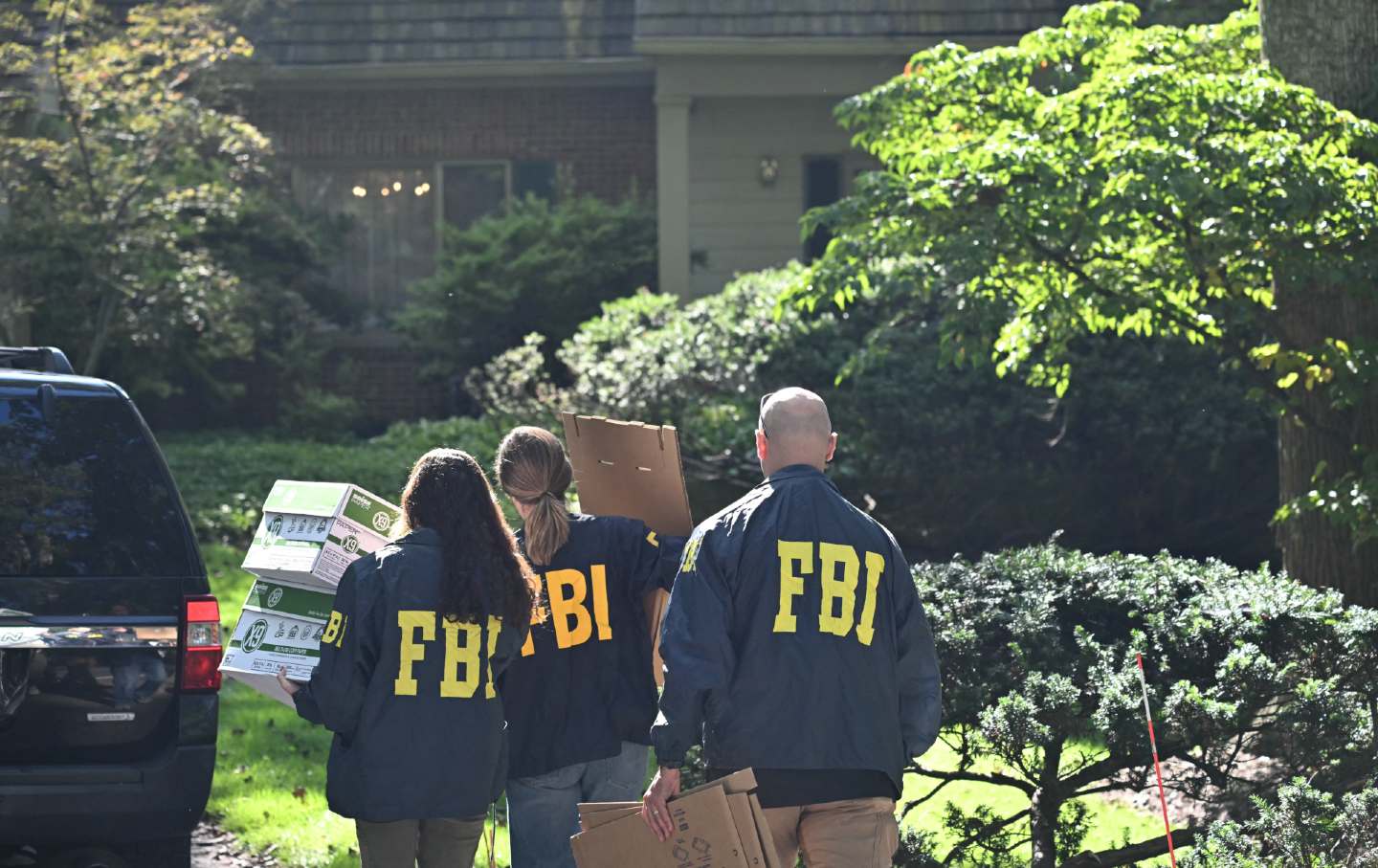
"Images of agents carrying out boxes under a federal warrant played across news feeds-as spectacle and warning in equal measure. For me, those moments replayed a darkness I knew intimately: the morning of November 28, 2007, when FBI agents stormed my own home in Maryland and office at Fort McNair in DC on the National Defense University campus, searching and seizing everything from books to family photos."
"Nearly two decades apart, these scenes bookend a chilling evolution in how our government targets officials and individuals who dare speak inconvenient truths: critics, dissenters, and whistleblowers alike. Where once national security law better protected the nation, it now shields the powerful-and silences those who call them to account. We are now seeing the troubling evolution and transformation of how the US government pursues former officials with a vengeance who dare speak truth to power either as critics, dissenters or whistleblowers."
"While Bolton and I occupy vastly different positions in the political universe, our parallel ordeals reveal a disturbing evolution in how successive administrations have weaponized national security law and rules to silence inconvenient voices, attempt to censor dissenters and prosecute whistleblowers committing 'crimes' against the state. The similarities are indeed striking, but they mask a far more troubling transformation in the government's approach to criminalizing national security information."
Armed FBI agents executed predawn raids on John Bolton’s home on August 22, 2025, echoing a November 28, 2007 raid on a national defense official’s home and office. Both operations involved seizures of documents and personal items under federal warrants. These incidents illustrate an evolution in how national security law is applied: shifting from protecting the nation to shielding powerful interests and suppressing dissent. Successive administrations have increasingly used statutes and rules to criminalize unauthorized disclosures and punish whistleblowers. The revival of the World War I–era Espionage Act has functioned as a draconian tool against leaks and whistleblowing.
Read at The Nation
Unable to calculate read time
Collection
[
|
...
]